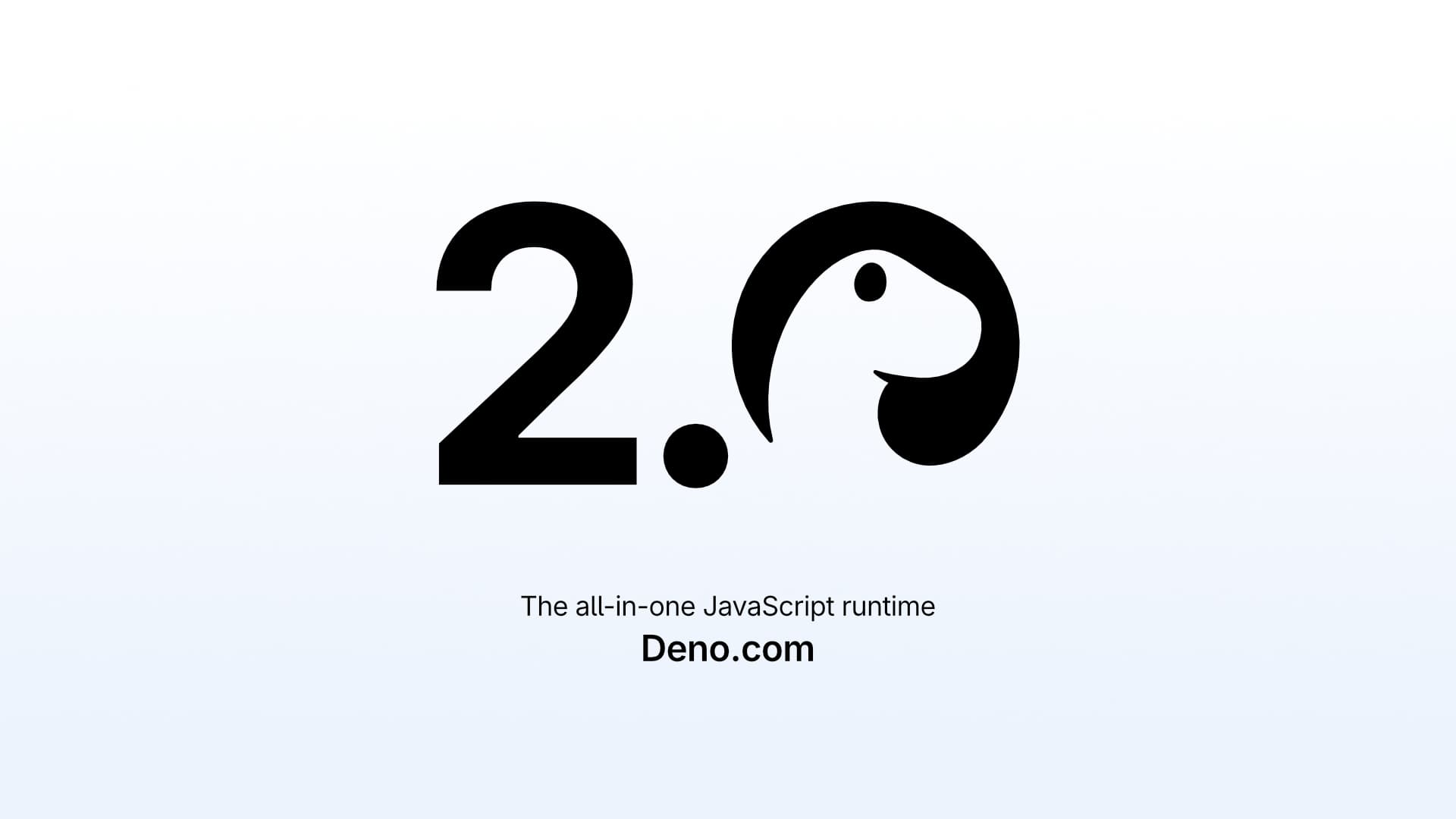
Deno (/ˈdiːnoʊ/, pronounced dee-no) is a JavaScript, TypeScript, and WebAssembly runtime with secure defaults and a great developer experience. It's built on V8, Rust, and Tokio
Stories
Deno is a runtime for JavaScript and TypeScript created by Ryan Dahl, the original creator of Node.js. Introduced in 2018, Deno was designed to fix the shortcomings of Node.js, focusing on security, simplicity, and built-in TypeScript support.
💡 Deno: A secure and modern way to run JavaScript and TypeScript.
Development History
📌 2018 – Announced by Ryan Dahl at JSConf EU, highlighting “10 things I regret about Node.js” and presenting Deno as a new solution.
📌 2020 – Official release of Deno 1.0, emphasizing secure-by-default design and TypeScript support.
📌 2022 – Focused on high performance with Rust, V8, and native Web APIs.
📌 2023 – present – Integrated with npm, boosting compatibility and making Deno one of the most notable JavaScript runtimes today.
📌 2020 – Official release of Deno 1.0, emphasizing secure-by-default design and TypeScript support.
📌 2022 – Focused on high performance with Rust, V8, and native Web APIs.
📌 2023 – present – Integrated with npm, boosting compatibility and making Deno one of the most notable JavaScript runtimes today.
Key Features
🔒 Secure by default – no file, network, or environment access without explicit permission.
🟦 Built-in TypeScript support – no extra setup needed.
🌐 Native Web APIs – aligned with browser standards.
⚡ High performance – powered by Rust and V8.
📦 npm support – reuse the massive npm ecosystem.
🛠️ ES Modules – modern import instead of require.
Why Choose Deno?
✅ More secure: sandboxed by default.
✅ More modern: built-in TypeScript & ES Modules.
✅ Easier to learn: aligns with Web APIs.
✅ High performance: Rust + V8 under the hood.
